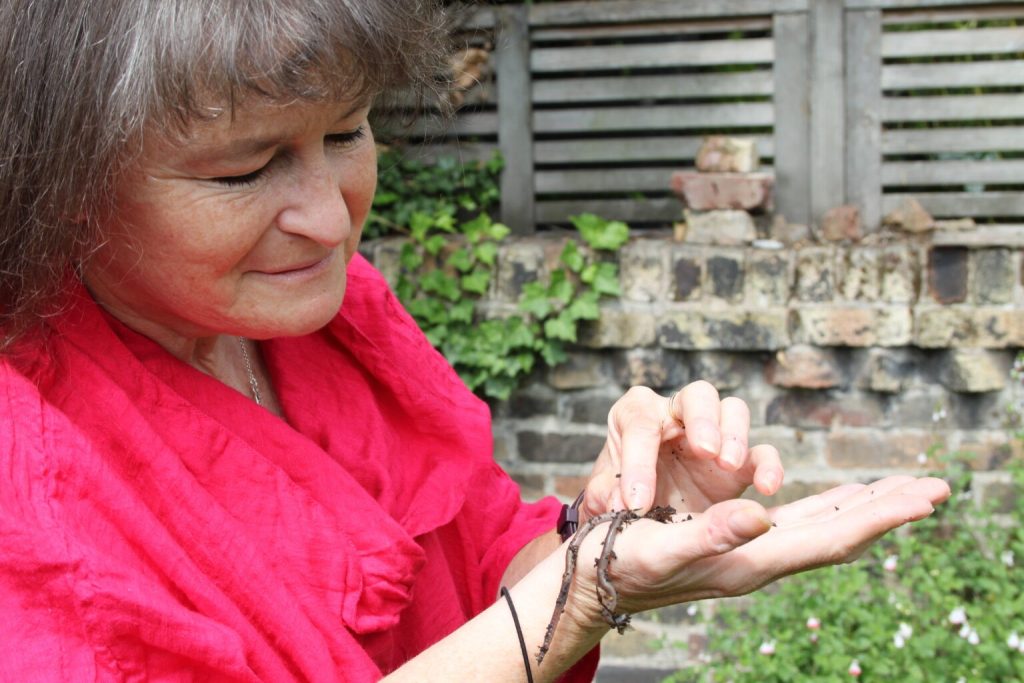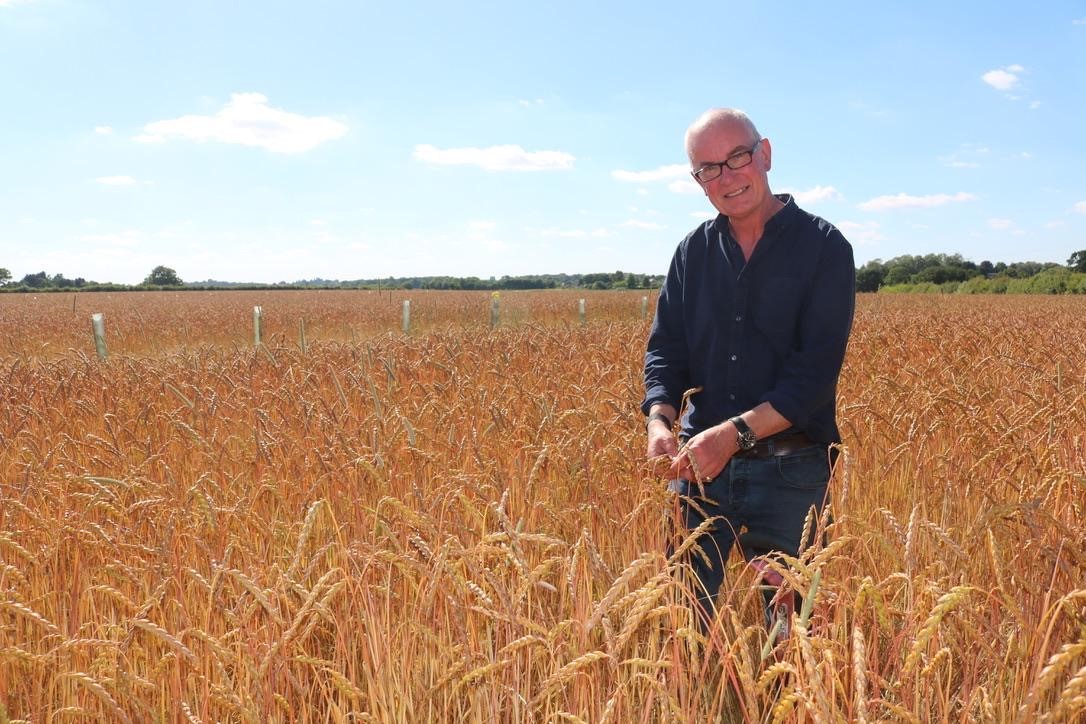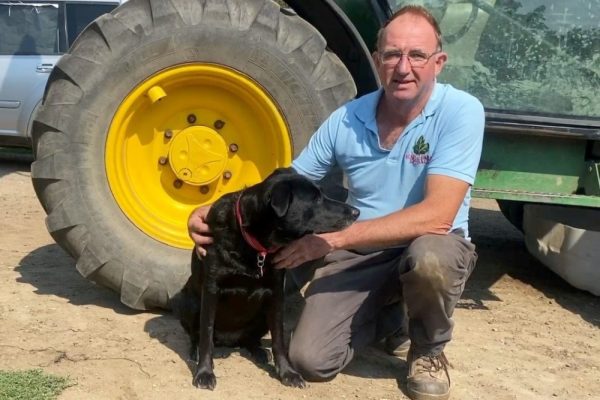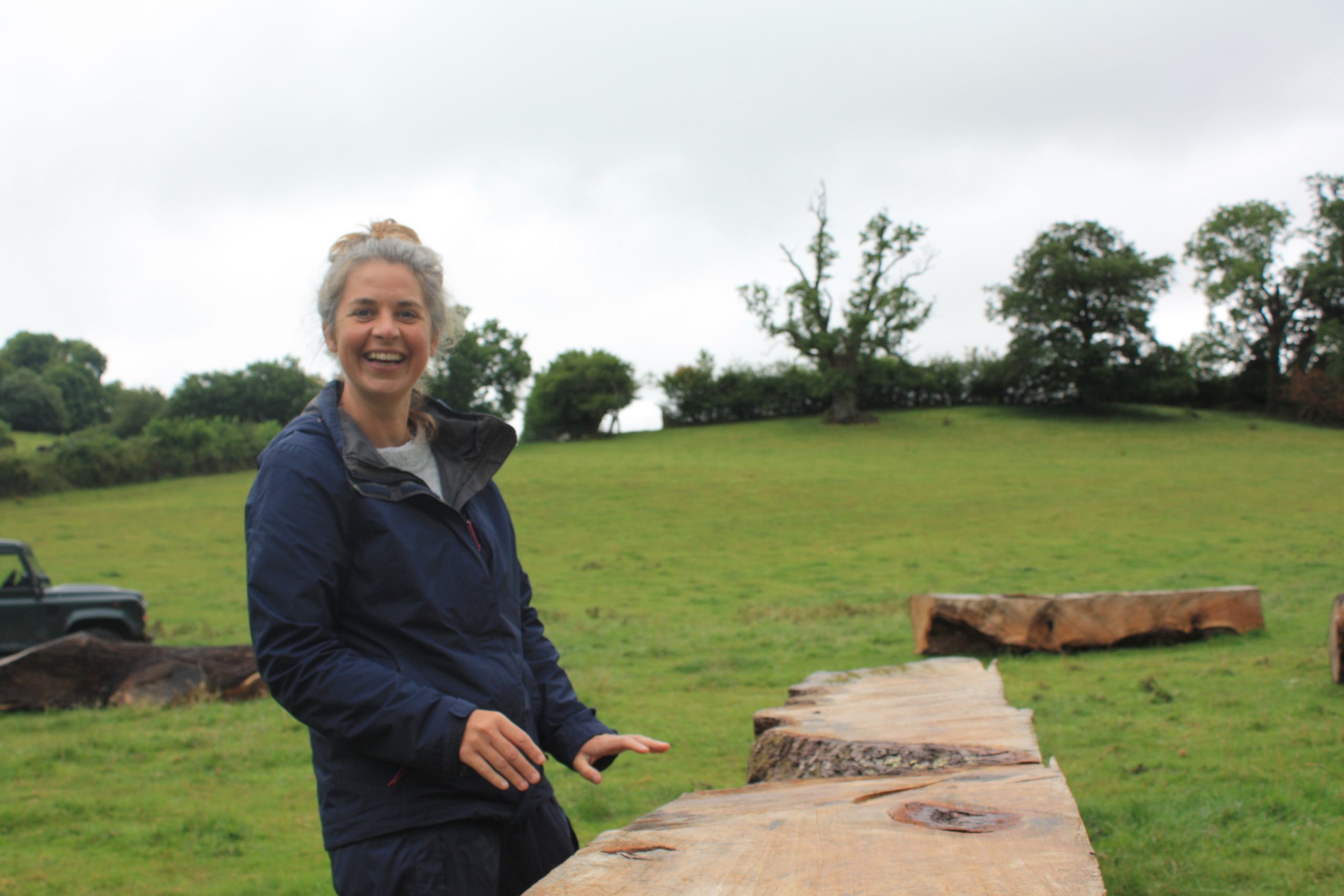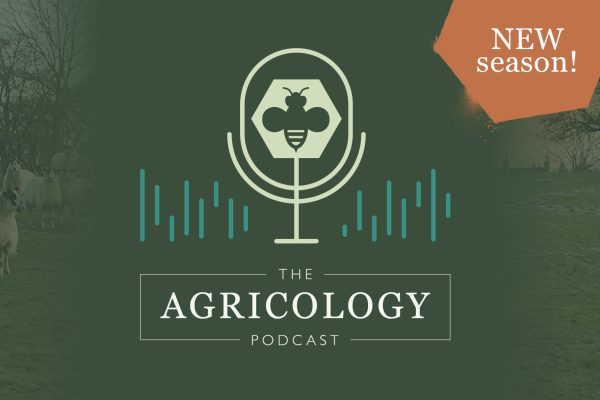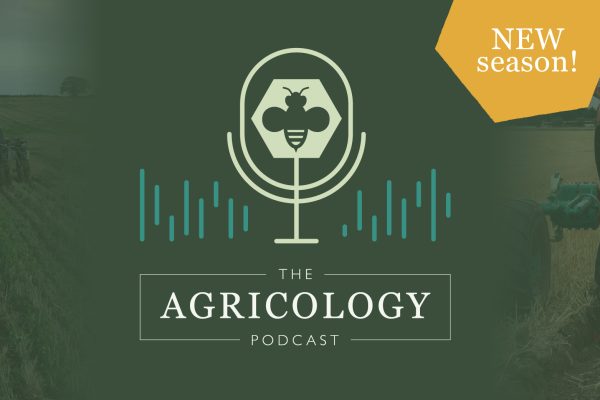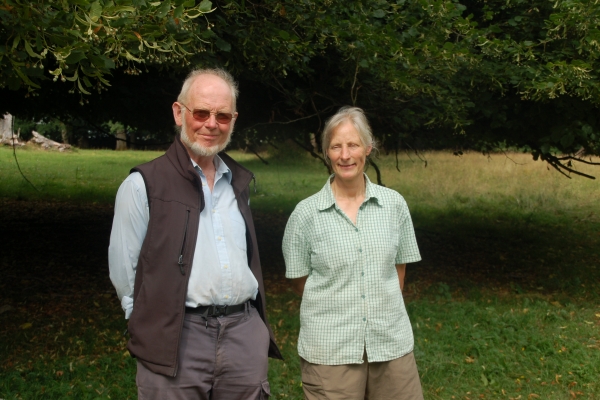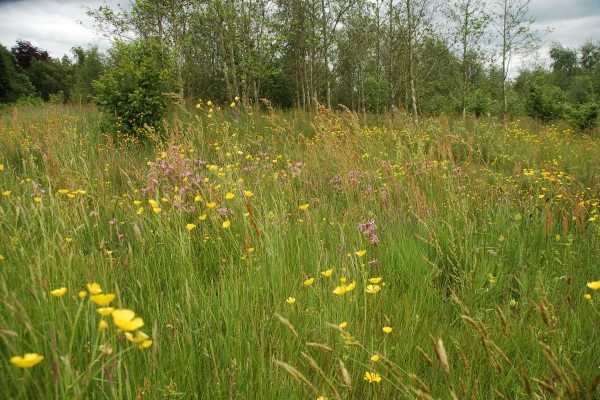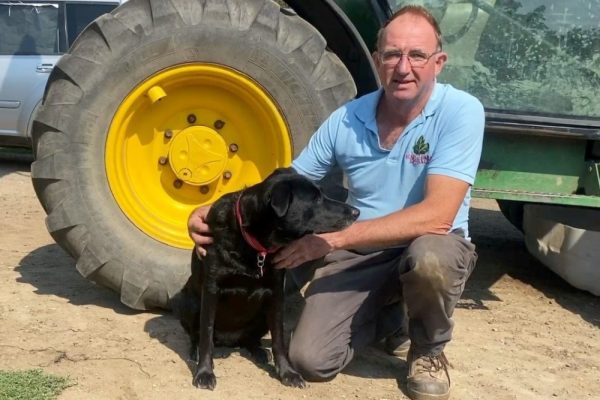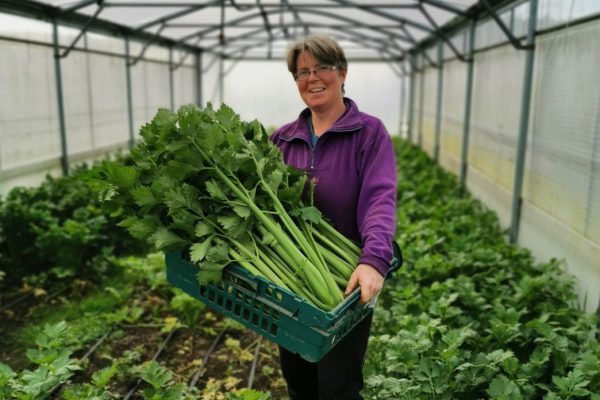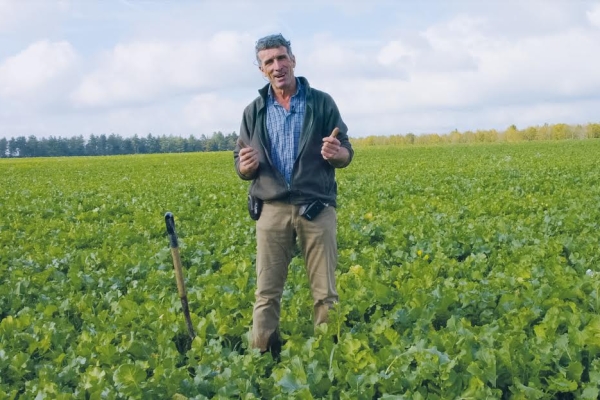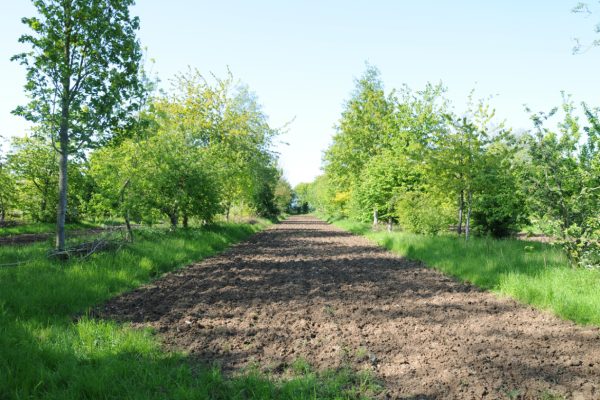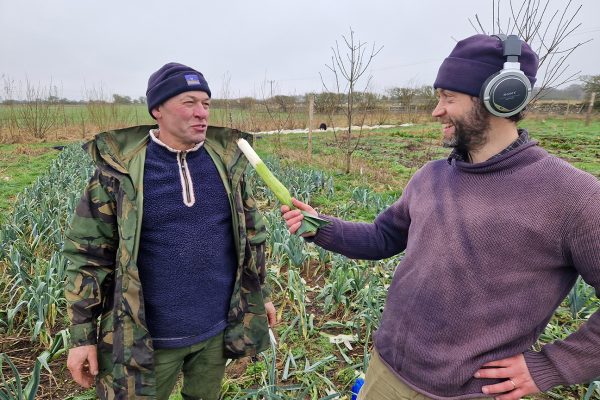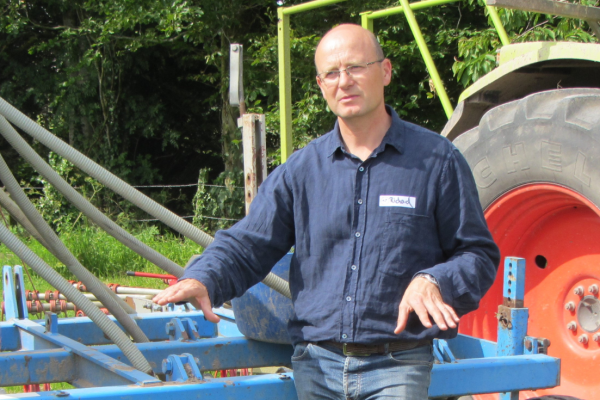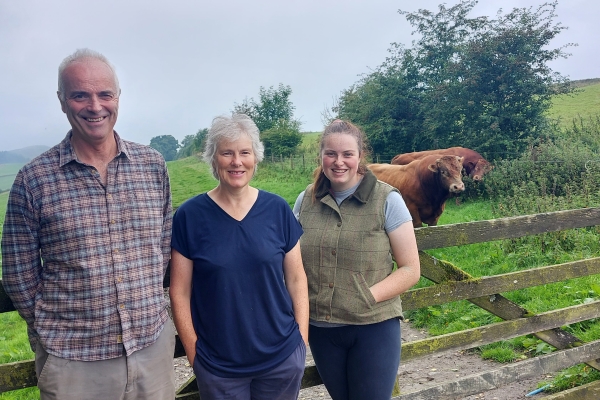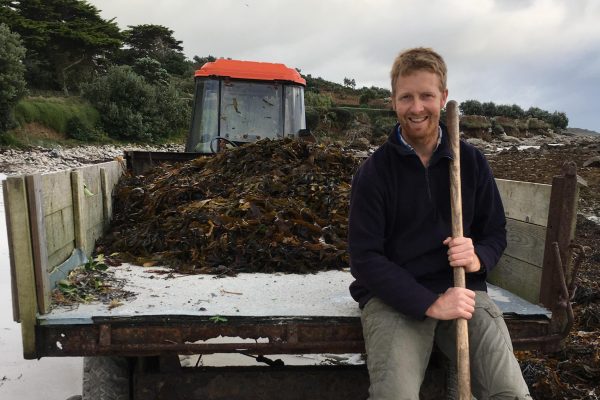The Agricology Podcast
Resource explained
First launched in June 2020, the Agricology Podcast provides an important voice in the world of sustainable farming, offering insights from farmers, researchers, advisors, and innovators in the field. Episodes explore practical approaches to agroecology, the latest developments in regenerative farming, and the challenges and benefits of transitioning to a more sustainable system. Whether you’re a farmer, advisor, or simply interested in the future of food production, this podcast provides valuable perspectives to inspire and inform. The Podcast has published 30 episodes across 5 seasons, featuring over 40 guests, with plenty more to come…
Findings & recommendations
Series summaries:
- The 2025 series ‘Agroforestry Through the Elements’ uses the themes of water, fire, earth, air, and people as a framework to deepen understanding and challenge assumptions around trees on farms. The series (largely recorded at the Agroforestry Show in September 2025) features thirteen respected voices in the agroforestry world. Farmers, researchers and advisors share their stories and expertise with guest podcaster Wallace Currie.
- The 2025 ‘To Till or Not to Till’ series explores the complex and often polarising topic of tillage. Bringing together a diverse range of voices; from scientists and researchers to organic pioneers and regenerative advocates, the debate goes beyond the binary of “plough or don’t plough” to highlight a much-needed truth – context is everything.
- The 2024 ‘Optimal Carrying Capacity’ series set out to explore the concept of optimal carrying capacity for livestock, relating to the health of the animal, the farm, and the environment. Farmers shared their practices and approaches towards managing livestock, and researchers and vets put forward what they saw as being important factors within the discussion. Advisors and industry figures explained how diverse and resilient practices can be integrated on farms to support optimal carrying capacity.
- The earlier ‘Agroecology in Focus’ podcasts featured group discussions with some of the movers and shakers in the fields, labs and food supply chains; focusing on sustainable farming practices and innovation. ‘In the Field’ were one-to-one conversations with innovating farmers that formed part of some of the Agricology farmer profiles.
